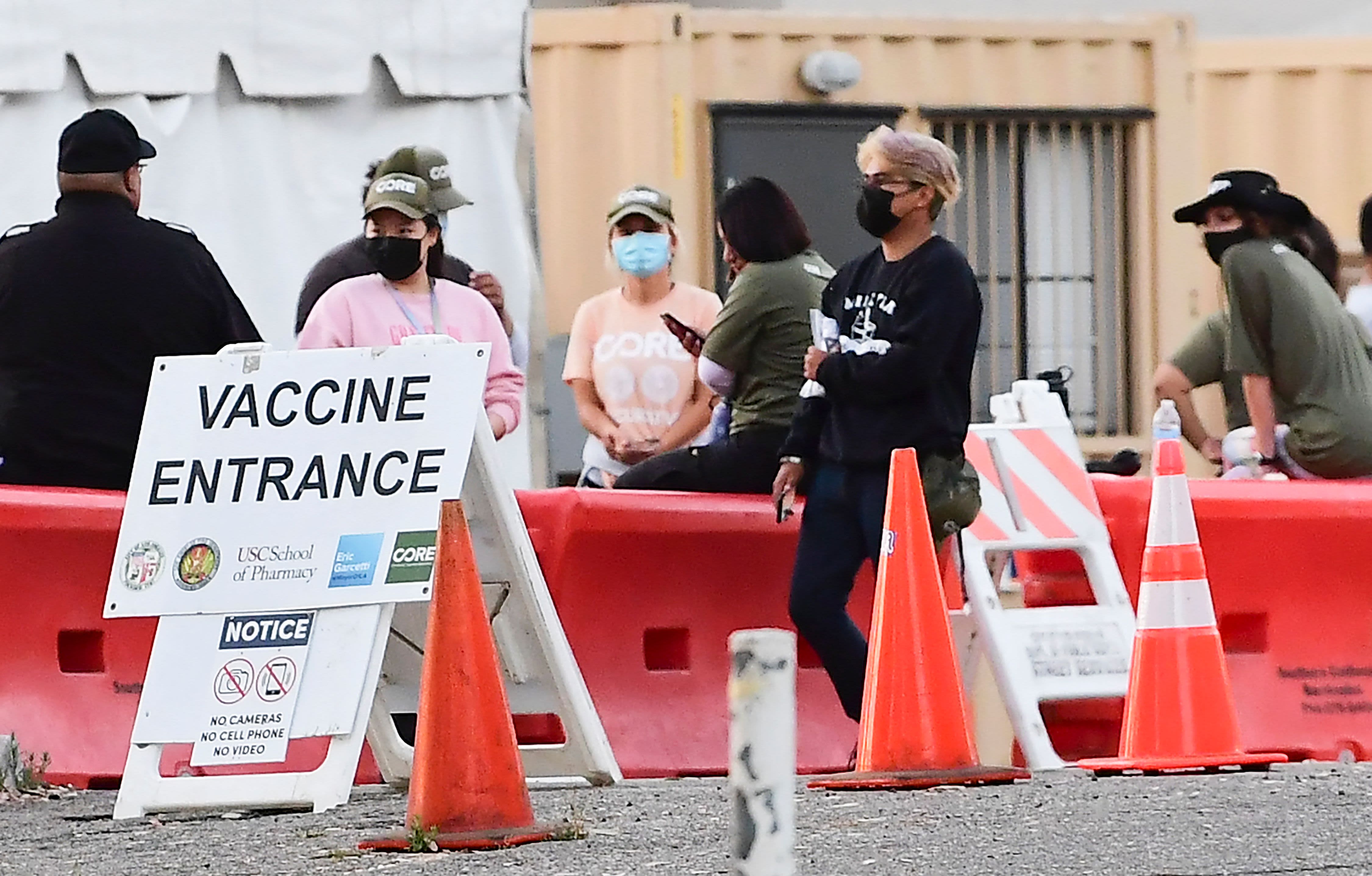The more contagious Delta variant is taking over as the dominant coronavirus strain in Massachusetts, Boston-based infectious disease experts say.
The rapidly spreading variant accounted for 30% of COVID-19 cases in the Bay State during the last week of June, which was equal to the proportion caused by the Alpha variant, according to Dr. Daniel Kuritzkes, chief of Brigham and Women’s Hospital's infectious diseases division.
WATCH ANYTIME FOR FREE
Stream NBC10 Boston news for free, 24/7, wherever you are. |
"Delta appears rapidly to be overtaking Alpha as the predominant variant," Kuritzkes said, pointing to data from the U.S. Centers for Disease Control and Prevention.
First identified in India and now in over 100 countries, the Delta variant is approximately 60% more transmissible and could result in more severe disease. The strain has been "steadily rising" in Massachusetts since it was found in April and is now the dominant coronavirus strain in the U.S.
Get updates on what's happening in Boston to your inbox. Sign up for our News Headlines newsletter.
"Given the rapid rise of Delta in other parts of the U.S., it is highly likely that it will become the dominant strain in Mass. if it is not already," said Dr. Davidson Hamer, a physician at Boston Medical Center.
Nationwide, the Delta variant represented 51.7% of new COVID cases over the two weeks that ended July 3, according to CDC data.
Infectious disease experts noted, however, that these changing dynamics are in the context of a continuing overall decline in cases.
The percentage of Delta-related cases in Massachusetts reduced during the first week of July, when it made up 20% of a very small number of cases. Considering the very small number of cases reported during that time period, Kuritzkes said the proportions may vary week to week.
"The good news for Massachusetts is that the daily count for new COVID-19 cases has dropped to very low levels," said Hamer, a professor of global health and medicine at Boston University's schools of public health and medicine.
The 7-day average in Massachusetts is now about 55 cases per day, which Kuritzkes said is about one-third of last summer’s high point. The most recent 7-day average for Delta was 0.5/100,000 and for COVID-19 overall incidence was 0.9/100,000.
"The worrisome aspect of this is that this variant appears to be even more transmissible than the Alpha strain -- roughly 60% more," Hamer said. "And the Alpha strain was more transmissible than the wild type strain."
The Mask Debate
Recent conflicting guidance around the rapidly-spreading Delta COVID-19 strain has caused concern and confusion, particularly when it comes to wearing masks.
The World Health Organization on Wednesday urged "extreme caution" against lifting public health measures, including mask mandates. This contradicts the most recent guidance from the CDC, which said vaccinated residents no longer need to wear masks indoors.
Kuritzkes said it’s important to remember that the CDC makes recommendations specifically for the U.S., where cases continue to decline and more than 60% of the population has received at least one dose of vaccine.
"By contrast, WHO makes recommendations that are intended to suit the entire world," he said, noting that many countries continue to see high numbers of new cases and only a small percentage of people are vaccinated.
"Delta variant is also wreaking havoc in many parts of the world where vaccine coverage is low, including Southeast Asia and many countries in sub-Saharan Africa as well as focal outbreaks in Australia," Hamer said.
While some countries have administered vaccines that are less effective against the aggressive strain, the vaccines authorized for emergency use in the U.S. appear to hold up, experts said.
Ultimately, Boston-based doctors erred on the side of caution when recommending whether to continue wearing masks after getting vaccinated.
"We will need to keep a close eye on the situation in the Commonwealth," Hamer said of the Delta variant. "Personally, I feel it is best to continue to wear a mask in indoor locations such as supermarkets, movie theaters and any other public place where there is a likelihood of close contact with other people."
"Since the U.S. vaccines are effective against the Delta variant, I see no reason why vaccinated individuals in Massachusetts should need to wear masks, unless they wish to for their own comfort," said Dr. Shira Doron, an infectious disease physician and epidemiologist at Tufts Medical Center. "The exception to this is severely immunocompromised patients, whom we have always advised to wear masks because they might not mount a full response to the vaccine."
A spokesperson with the state Department of Public Health did not directly address questions of whether a mask mandate could be reinstated in Massachusetts due to the strain's rising prevalence. The department instead pointed a May 29 order that lifted the mandate in order to be consistent with the CDC guidelines.
Experts also point to the fact that over 80% of adults in Massachusetts have received a first dose of the coronavirus and 61.5% of all residents are fully vaccinated. Health officials on Tuesday reported that a total of 4,240,473 Bay State residents have been fully vaccinated.
"Our vaccination rates are excellent in Mass. but still could be better," Hamer said. "Transmission is very low, so the risk right now is low, but not non-existent."



